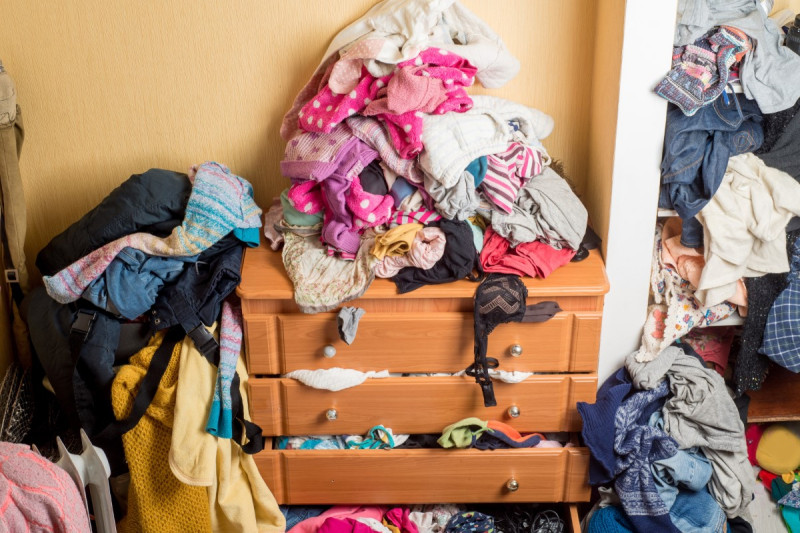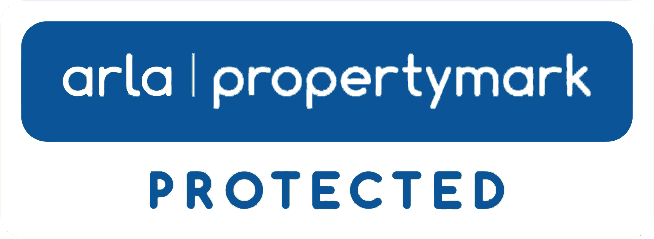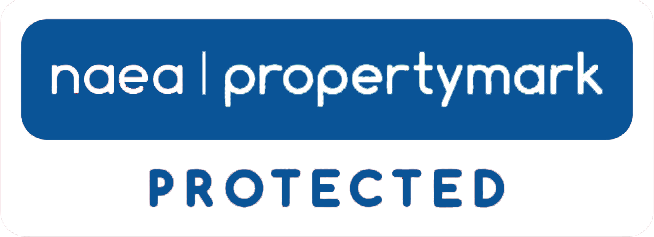
When it comes to selling your home, most people understand that size, location, and condition play significant roles in determining its value. However, there are a few unexpected factors that can also have a surprisingly big impact on your home's selling price. From the quality of your nearest pub to the state of your child’s bedroom, let’s explore these lesser-known influencers.
Tidy Up the Kid's Room
Believe it or not, a messy kid’s bedroom can significantly affect your home's value. According to ING Direct, clutter and disarray in a child’s room can reduce the perceived value of your home by as much as £8,000. This is because a cluttered room appears smaller and less functional, which limits the potential appeal of your property.
The Power of Your Address
The name of your street can also influence your home's price. Research by Zoopla found that properties on streets with "Warren" in the name are particularly valuable, with average prices reaching up to £607,267—more than double the national average of £282,978. In contrast, houses on "Streets" average around £184,722. Additionally, street names containing "Kings" are typically 20% more expensive than those with "Queens."
Odd vs. Even Numbers and Superstitions
Surprisingly, even the number of your house can affect its market value. Zoopla's study revealed that odd-numbered houses generally sell for £538 more than their even-numbered counterparts. Homes numbered 13, often avoided due to superstitions, typically sell for £6,500 less than neighbouring properties.
Pets Can Cost You
While many UK households cherish their pets, they can negatively impact your home's selling price if not managed well. If your pets are intimidating, have strong odours, or are overly numerous, you might see up to 5% knocked off your asking price. It’s important to ensure your home is pet-friendly and clean during viewings.
The Influence of Local Amenities
The type and quality of local amenities, especially pubs and supermarkets, can also affect your property’s value. A noisy, rowdy pub nearby can deter potential buyers and lower your home's price. Conversely, a charming local pub with a good reputation can be a significant selling point. Additionally, the "Waitrose effect," as identified by Lloyds Bank, suggests that proximity to an upscale supermarket can increase a property's value by 12%, or about £40,000.
Interior Decorating Matters
Your personal taste in interior decoration can either boost or detract from your home's appeal. While you might love bold wallpapers and unique designs, potential buyers might not share your taste. Experts suggest that perceived "bad taste" can reduce your home's value by 5-10%. To maximize your selling price, consider sticking to neutral, universally appealing decor that allows buyers to envision their own style in the space.
Neighbourhood Harmony
Lastly, the friendliness of your neighbourhood plays a crucial role in your home's value. Disputes with neighbours can significantly reduce property prices. According to Halifax Home Insurance, serious problems with neighbours can shave up to £31,000 off the average home price. It’s wise to investigate the local community and any potential disputes before finalizing your sale. Talking to the seller and checking with the local council can provide valuable insights into neighbourhood dynamics.
Final Tips
While you can't control every aspect affecting your home’s value, being aware of these surprising factors can help you take steps to mitigate their impact. Ensure your home is tidy, manage pet presence during viewings, consider neutral decor, and research your neighbourhood thoroughly. By addressing these unexpected elements, you can enhance your property's appeal and potentially increase its selling price.
Adapted from Money Facts Compare








